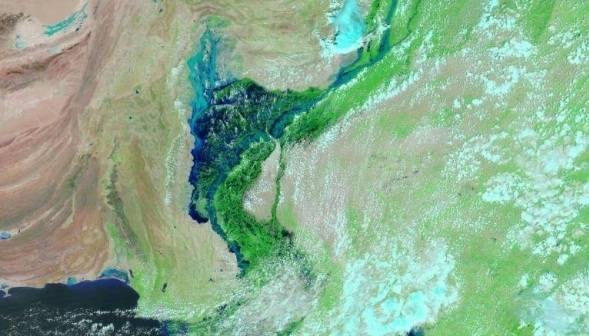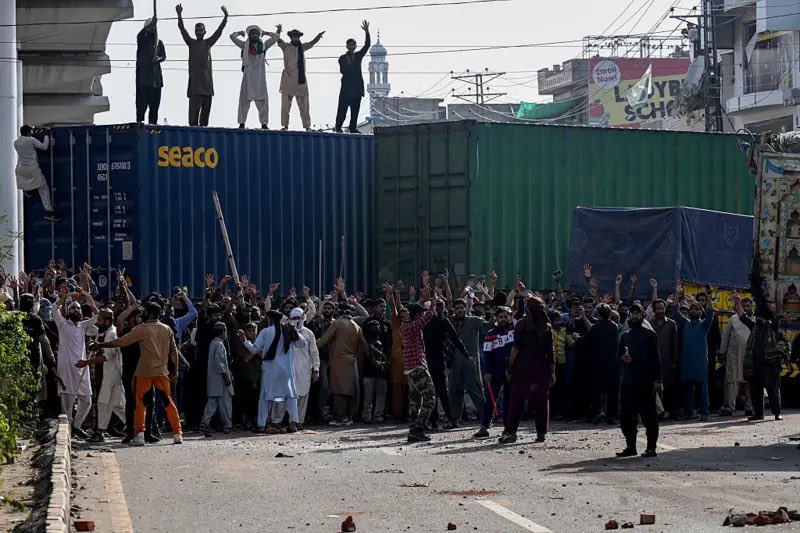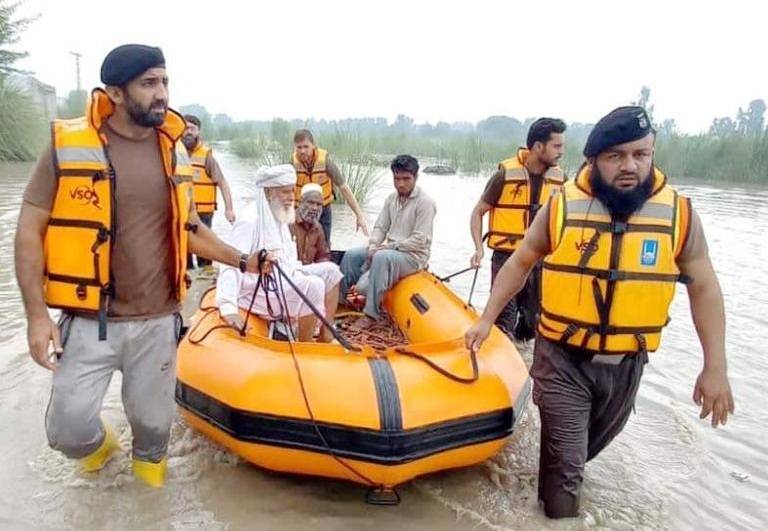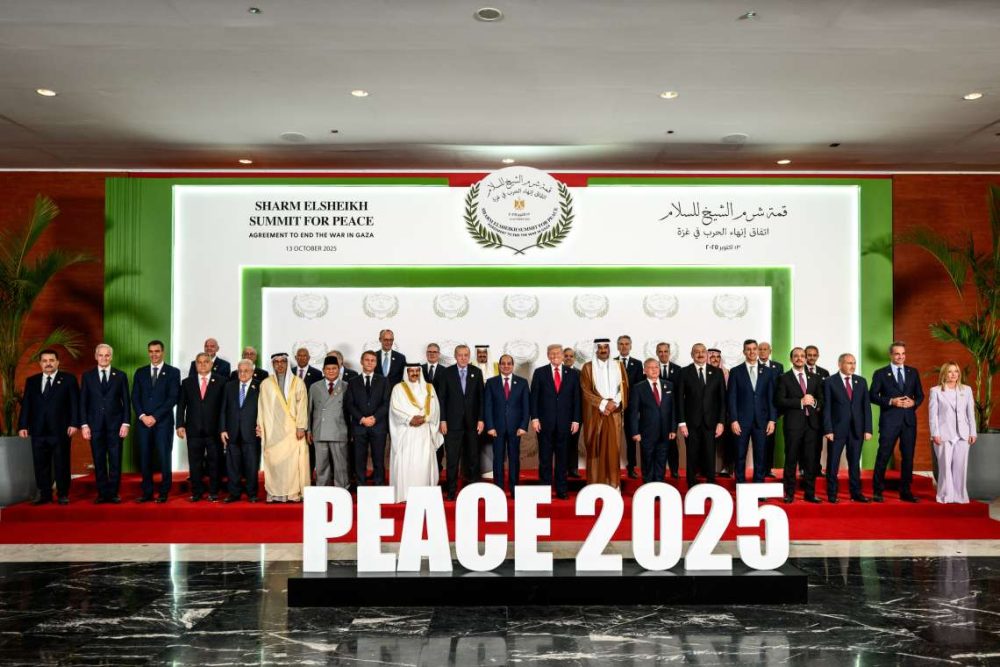In the centre of the picture, a large area of dark blue shows the Indus overflowing and flooding an area around 100 km wide, turning what were once agricultural fields into a giant inland lake…reports Asian Lite News
Striking new satellite images that reveal the extent of Pakistans record flooding show how an overflowing Indus River has turned part of Sindh province into a 100 km-wide inland lake, media reports said.
Swaths of the country are now underwater, after what United Nation officials have described as a “monsoon on steroids” brought the heaviest rainfall in living memory and flooding that has killed 1,162 people, and affected 33 million since mid-June, CNN reported.
The new images, taken on August 28 from NASA’s MODIS satellite sensor, show how a combination of heavy rain and an overflowing Indus River have inundated much of Sindh province in the South.
In the centre of the picture, a large area of dark blue shows the Indus overflowing and flooding an area around 100 km wide, turning what were once agricultural fields into a giant inland lake, CNN reported.
It’s a shocking transformation from the photo taken by the same satellite on the same date last year, which shows the river and its tributaries contained in what appear by comparison to be small, narrow bands, highlighting the extent of the damage in one of the country’s hardest-hit areas.
This year’s monsoon is already the country’s wettest since records began in 1961, according to the Pakistan Meteorological Department, and the season still has one month to go.
In both Sindh and Balochistan provinces, rainfall has been 500 per cent above average, engulfing entire villages and farmland, razing buildings and wiping out crops, CNN reported.
While mostly dry weather is expected in the region in coming days, experts say the water will take days to recede.
Pakistan’s Climate Change Minister Sherry Rehman said on Sunday that parts of the country “resemble a small ocean” and that “by the time this is over, we could well have one-quarter or one-third of Pakistan under water”.
In an interview with CNN, Pakistan’s Foreign Minister Bilawal Bhutto Zardari said he had visited Sindh and seen first-hand how the flooding had displaced entire villages and towns.
“There is barely any dry land that we can find. The scale of this tragedy… 33 million people, that’s more than the population of Sri Lanka or Australia,” he said.













